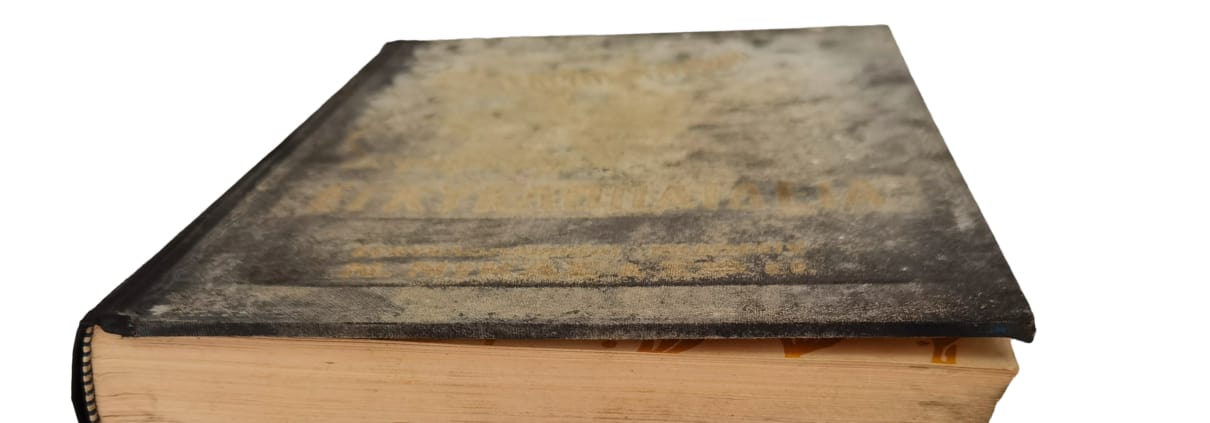A Necessary Evil Worth Getting Right
Working with enterprising families, there’s a lot at stake, because you’re trying to preserve the family’s wealth while also worrying about the quality of their relationships.
This work always entails some agreements that are put into writing and then signed by the parties, supposedly to make sure that all possible scenarios have been thought through, understood, and agreed to.
Preparing these agreements is done by well-trained and well-paid attorneys specialized in such matters, so everything should work out just fine most of the time, right?
If only it were that simple.
Formalized Governance Is VERY Important
I write about family governance a lot, but rarely about the formal written agreements that enterprising families typically put into place to formalize all the legal questions around both their business or wealth and its ownership.
The governance I usually work on with families involves their family relationships, and is thus typically much more informal.
Of course all three of these circles are interrelated and so the manner in which they’re governed cannot be looked at independently, but rather interdependently.
There’s More to Governance than Written Agreements
Although my specialty is governance of the family, I do get involved in how the written agreements relating to the business and its ownership get put together and signed by the family members, when appropriate.
My role, and my goal, is to make sure that the affected family members fully understand what they’re signing, so they know what they’re agreeing to.
Those agreements are necessary, so it makes sense to try to get them right, lest they be deficient when they’re actually needed in the future.
Ideally the relationships of the parties will be so positive that they’ll never need to rely on those documents, and they can simply gather dust.
And that would be a good thing, in my view.
Do You Want Them to Just Gather Dust?
This subject came up recently while working with a family; the patriarch mentioned that he didn’t want to have an agreement that just gathered dust.
He was coming at this from the other side, and from there I could understand what he was getting at.
It gave me a chance to clarify this question with them all (in addition to giving me another blog topic).
In short, agreements that gather dust are neither good nor bad in and of themselves, they are good or bad depending on the contexts of what they were designed to do, and whether or not the circumstances ever require the family members to blow the dust off them.
Gathering Dust – BAD Version
Some lawyers note that a majority of the agreements they draft never even get signed, because the parties can never actually agree to all the terms.
So when an unsigned version sits for a while, the chances grow that it will only continue to gather dust because the longer it takes, the less likely it is that the parties will finally agree.
Perhaps these should be considered a work-in-progress and some time should be spent finding ways to modify them so that the parties will agree and sign… but that’s a lot of work!
Gathering Dust – GOOD Version
In contrast, as I explained to the patriarch of that family I mentioned, I firmly believe that the goal should actually be to have agreements in place that do nothing but gather dust.
What’s the key difference in my version?
One of my favourite words that has come into my lexicon since I began working in this area is “co-creation”.
The best family governance is the co-created kind; period, full stop.
But what about when we’re talking about documents drafted by those aforementioned attorneys?
Well, they wrote them, but they wrote them for you, the family.
Making Them Your Own
So you all need to “make them your own”, which means that there’s some work involved by the family members to read and understand what’s written and to agree together on how they will use these documents.
You actually want them to gather dust and never be needed, so you need to figure out how you’re going to work together, with the goal of not ever needing to resort to blowing the dust off of what you paid those lawyers to write.
That takes time and effort, and often some outside help, and it’s all well worth it in the end.
Bring on the dust.




